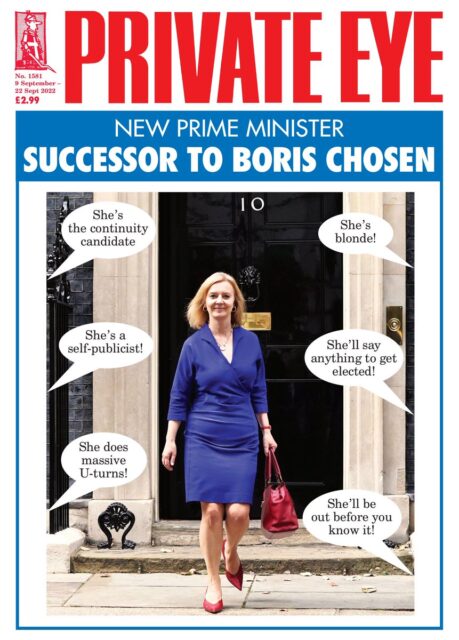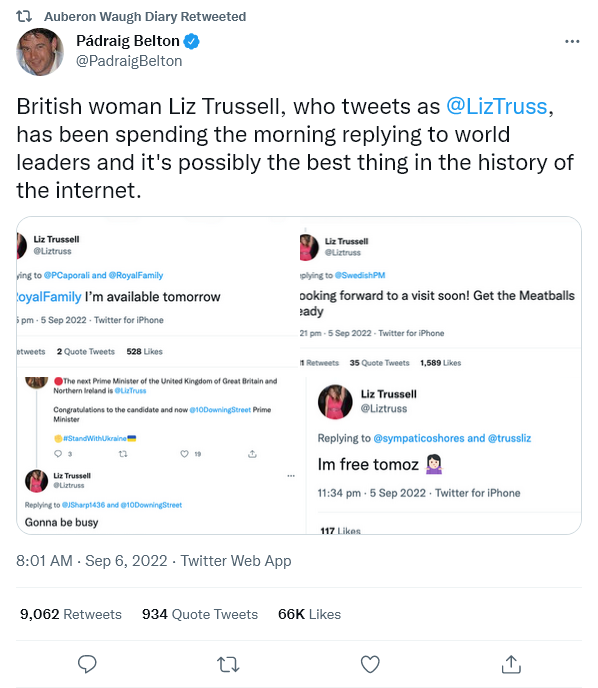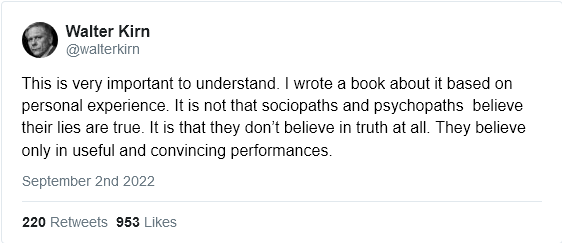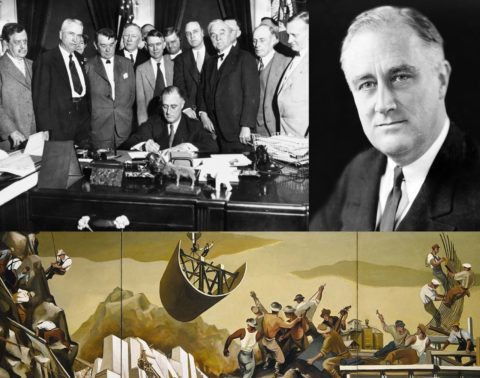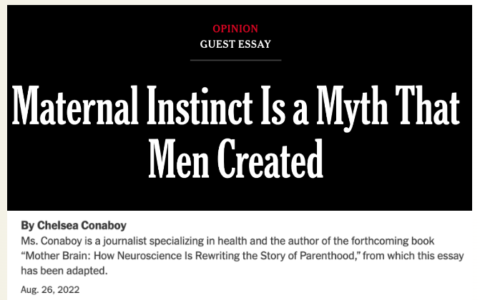Ed West on hearing the news that the Queen had died:
Unusually for me, being a cold-blooded Englishman whose emotional range is somewhere between Peter Cushing in Star Wars and Tywin Lannister, I found myself crying over the news yesterday evening. I cry more as I get older – presumably it’s all the testosterone draining away – and I shed tears for the Queen.
Her Majesty’s death was announced around 6.30 GMT. Soon after 9pm the New York Times pops up on Twitter, in its usual sanctimonious, scolding told, telling us that “We should not romanticize her era”, because, according to a Harvard professor “The queen helped obscure a bloody history of decolonization whose proportions and legacies have yet to be adequately acknowledged.”
Our Queen has died, a deeply-loved, politically-neutral figure who many saw as being like another grandmother. She was someone we all knew throughout our lives, who felt like a protective figure, associated with the political stability that our island has enjoyed for so long.
Yet for some inexplicable reason, the voice of America’s progressive establishment thought it appropriate to immediately publish this article, with the headline “Mourn the Queen, Not Her Empire”, something literally no one even considered or thought about. The British Empire may be long dead but it lives on, timeless and immortal, in the minds of New York Times editors.
Much has been written about the changing social mores of the Queen’s reign, but I think it’s still generally accepted that you wait until a person is buried before launching criticisms of their legacy; at the very least a couple of days. Yet while even the Kremlin managed to send some kind words on Queen Elizabeth’s passing, the New York Times went straight in with the yes-she-will-be-mourned-but.
As head of the Commonwealth, the Queen “put a stolid traditionalist front over decades of violent upheaval. As such, the queen helped obscure a bloody history of decolonization whose proportions and legacies have yet to be adequately acknowledged.”
“We may never learn what the queen did or didn’t know about the crimes committed in her name,” the historian concludes, but “xenophobia and racism have been rising, fueled by the toxic politics of Brexit. Picking up on a longstanding investment in the Commonwealth among Euroskeptics (both left and right) as a British-led alternative to European integration, Mr. Johnson’s government (with the now-Prime Minister Liz Truss as its foreign secretary) leaned into a vision of ‘Global Britain’ steeped in half-truths and imperial nostalgia.”
Andrew Sullivan found himself similarly moved at the news (after a bit of mandatory Trump-bashing to start the column):
[In the 2016 TV show The Crown] I found myself watching the life of an entirely different head of state: a young, somewhat shy woman suddenly elevated to immense responsibilities and duties in her twenties, hemmed in by protocol, rigidified by discipline. The new president could barely get through the day without some provocation, insult, threat or lie. Elizabeth Windsor was tasked as a twenty-something with a job that required her to say or do nothing that could be misconstrued, controversial, or even interestingly human — for the rest of her life.
The immense difficulty of this is proven by the failure of almost every other member of her family — including her husband — to pull it off. We know her son King Charles III’s views on a host of different subjects, many admirable, some cringe-inducing. We know so much of the psychological struggles of Diana; the reactionary outbursts of Philip; the trauma of Harry; the depravity of Andrew; the agonies of Margaret. We still know nothing like that about the Queen. Because whatever else her life was about, it was not about her.
Part of the hard-to-explain grief I feel today is related to how staggeringly rare that level of self-restraint is today. Narcissism is everywhere. Every feeling we have is bound to be expressed. Self-revelation, transparency, authenticity — these are our values. The idea that we are firstly humans with duties to others that will require and demand the suppression of our own needs and feelings seems archaic. Elizabeth kept it alive simply by example.
With her death, it’s hard not to fear that so much she exemplified — restraint, duty, grace, reticence, persistence — are disappearing from the world. As long as she was there, they were at the center of an idea of Britishness that helped define the culture at its best. Perhaps the most famous woman in the world, she remained a sphinx, hard to decipher, impossible to label. She was not particularly beautiful or dashing or inspiring. She said nothing surprising. She was simply the Queen. She showed up. She got on with it. She was there. She was always there.
Whatever else happened to the other royals, she stayed the same. And whatever else happened in Britain — from the end of Empire to Brexit — she stayed the same. This is an achievement of nearly inhuman proportions, requiring discipline beyond most mortals. Think of a year, 1992, in which one son, Andrew, divorced, a daughter-in-law, Sarah Ferguson was seen cavorting nude in the tabloids, a daughter, Anne, separated, another son’s famously failed marriage, Charles’, dominated the headlines, and your house burns down. Here is how Her Majesty “vented”:
1992 is not a year on which I shall look back with undiluted pleasure. In the words of one of my more sympathetic correspondents, it has turned out to be an “Annus Horribilis“.
Dry, understated, with the only vivid phrase ascribed to a correspondent. Flawless.
She was an icon, but not an idol. An idol requires the vivid expression of virtues, personality, style. Diana was an idol — fusing a compelling and vulnerable temperament with Hollywood glamor. And Diana, of course, was in her time loved far more intensely than her mother-in-law; connected emotionally with ordinary people like a rockstar; only eventually to face the longterm consequences of that exposure and crumble under the murderous spotlight of it all.
Elizabeth never rode those tides of acclaim or celebrity. She never pressed the easy buttons of conventional popularity. She didn’t even become known for her caustic wit like the Queen Mother, or her compulsively social sorties like Margaret. The gays of Britain could turn both of these queens into camp divas. But not her. In private as in public, she had the kind of integrity no one can mock successfully.







